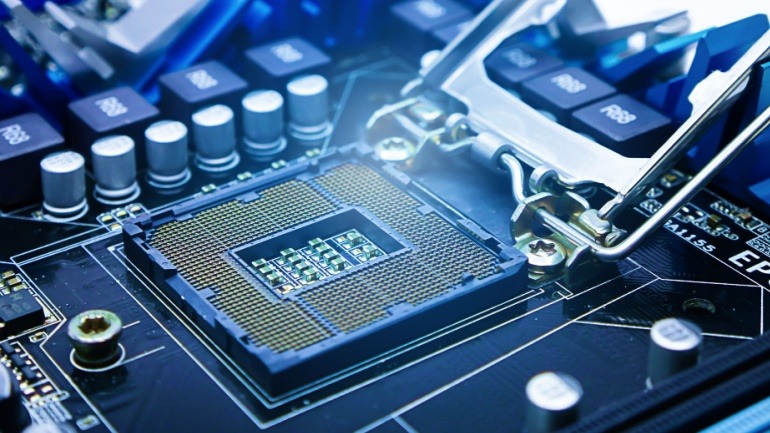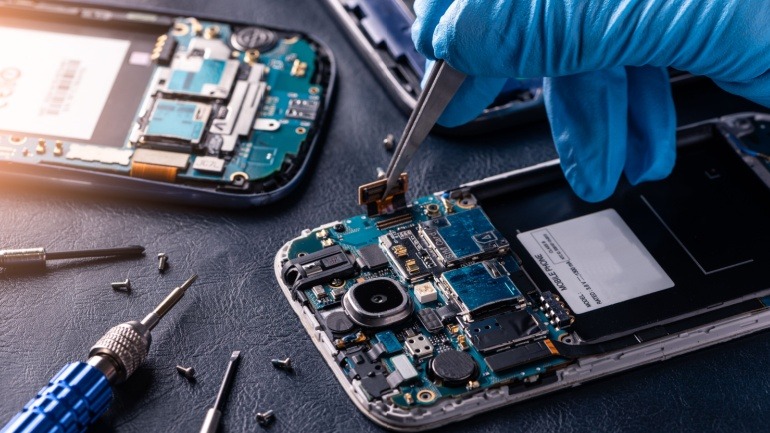SK Telecom is advancing its AI capabilities by collaborating with Rebellions to trial a domestic AI chip, ATOM, for improved AI services. The initiative aims to achieve self-reliance in AI technology, enhancing Korea’s global standing.
NTT Corporation’s revolutionary AI chip significantly enhances drone capabilities by enabling real-time 4K video processing at 150 meters, a vast improvement from the traditional 30-meter range. This advancement broadens drone applications for industrial inspections, offering extended range and efficiency.
Semtech has revolutionized fiber broadband with its new 50G PON OLT chipset, fully compliant with International Telecommunication Union standards. This innovation meets the growing bandwidth demands from applications like AI and cloud gaming.
Nine European nations have formed the “Semicon Coalition” to strengthen the continent’s semiconductor industry. The initiative, launched in Brussels, focuses on research, development, and production, aiming for self-sufficiency amid rising global investments.
The European Commission has approved €227 million to support ams Osram’s semiconductor plant in Austria. This facility will enhance Europe’s chip industry, reduce reliance on foreign suppliers, and produce advanced wafers for key sectors.
Microsoft has unveiled its first quantum chip, Majorana 1, powered by a breakthrough material called a topoconductor. This innovation enables topological superconductivity, paving the way for a million-qubit quantum system.
Apple’s iPhone C1 modem chip marks a major shift in reducing reliance on Qualcomm, targeting an 80% cut by 2026. The 4nm modem, debuting in the iPhone 16e, enhances network performance but lacks mmWave 5G.
The ongoing Arm versus Qualcomm legal battle could reshape the smartphone market due to Qualcomm’s reliance on Arm’s architecture for Snapdragon processors. If Arm’s license cancellation proceeds, it threatens Qualcomm’s processor production, impacting Android devices’ performance.
Intel has announced a significant delay in constructing new chip manufacturing facilities in Germany and Poland, following disappointing Q2 financial results. This delay could impact Europe’s ambitions to bolster semiconductor production and reduce dependence on Chinese manufacturing.
Tower Semiconductor and Adani Group are collaborating to build a $10 billion chip facility in Maharashtra, India. This ambitious project aims to boost domestic production of analog circuits and wafers, with initial output set at 40,000 wafers per month. Once fully operational, the plant will create over 5,000 jobs and enhance India’s semiconductor market presence.










